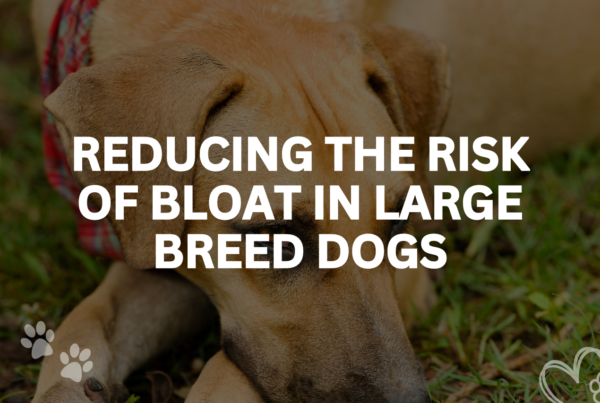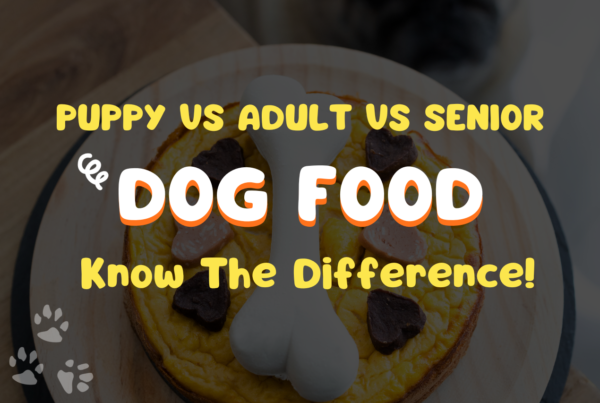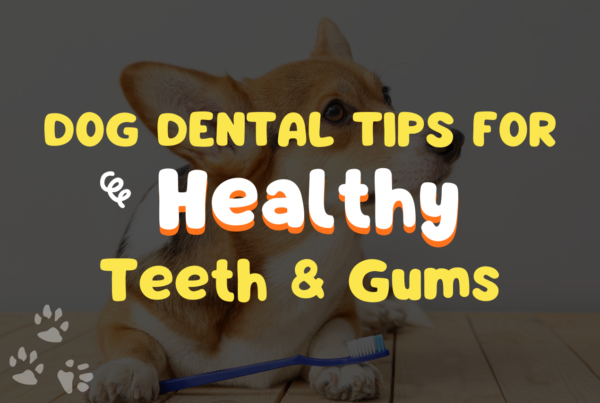
We are often asked what Fruits and Vegetables Dogs Can or Can’t Eat! Are you looking for a better diet and nutrition for your dog, along with sweet-fruity treats to give them but are unsure of its health benefits or drawbacks that may affect your dog’s health? Well, you have come to the right place to learn more about your pet’s nutritional requirements. It’s very common for your dog to want to eat the same things that you are eating, but are you supposed to feed your dog the same foods that you eat? Certainly not!
Let’s stick to the facts, Dogs are carnivores. There is no need for them to consume a large number of vegetables and fruits to fulfill their protein intake. Lean meats, eggs, fish, and fish meals are a great source of protein.
Fruits and Vegetables Dogs Can or Can’t Eat
Here is the list of vegetables and fruits that affects your dog’s metabolism and diet. Disclaimer: This is not medical advice and we are not certified veterinarians. Always consult your local veterinarian for your dogs diet and nutrition.
Bananas
Yes, bananas are good for dogs. Even though bananas have high sugar content they should be fed as treats to your dog. Bananas are enriched with minerals such as potassium and magnesium, protein fibers, and vitamins such as Cobalamin (Vitamin B12) and Pyridoxine (Vitamin B6). Bananas help to maintain good cholesterol and blood level, strengthen dogs’ muscles, and help improve their digestive system.
Green Beans
All types of green beans, whether chopped, raw, boiled, or steamed, are good for your dogs. Green beans are low in calories, composed of high mineral and vitamin content (Vitamin A, B, and K), and are generally the healthiest when served plain. Salted-canned beans are not a good option.
Avocados
Feeding avocados to your dogs is a big NO-NO! Facts, Persin is an oil-soluble toxin present in Avocado skin and it’s leaves. This does not harm humans, however it can cause vomiting and diarrhea in dogs.
Raspberries
Raspberries are a good source of citrus acid (Vitamin C) and minerals such as calcium, iron, zinc, and manganese. They are composed of antioxidants which helps in iron absorption and strengthens your dog’s immune system. Feeding raspberries to elderly dogs can help reduce chronic or joint pains as it has anti-inflammatory properties that help combat several health factors. However, it does contain Xylitol, which is a naturally found alcohol in plants so, feeding one-fourth of a cup of raspberries at a time is a good decision.
Tomatoes
Dogs should avoid eating tomatoes. The green part of this red vegetable contains a toxin called Solanine, which may leave your dog sick and an upset stomach. Skipping tomatoes seems to be a better option in most cases.
If your dog loves tomatoes, you can feed it the ripened fruit of the plant, which is considered safe for dogs.
Asparagus
Asparagus doesn’t necessarily cause any harm to dogs, but again, it does not provide any health benefits to them. There is no point in feeding this highly tough vegetable to your pet. When being boiled, it may become soft; however, asparagus loses all its nutrient content. Thus, it may not be a very good choice of vegetable to feed your beloved pet.
Mushrooms
No, dogs can’t eat mushrooms. Mushrooms are highly toxic fungi. There are about fifty thousand species of mushrooms and out of which only 50-100 are highly poisonous. Feeding mushrooms can cause your pet to fall severely ill and sometimes death. Dogs can eat washed white mushrooms but, it is better not to feed them at all.
Carrots
Yes, carrots are healthy for dogs. Carrots are a good source of beta-carotene, Vitamin A (RETINOL), fibers, and minerals. Some dogs enjoy carrots as their snack because of its odd color and texture. It could be fun to munch on as well.
Spinach
Dogs can eat spinach. However, they are very high in oxalic acid, which un-ables the body to digest and absorb calcium that leads to kidney problems. Therefore, dogs can eat spinach in a limited amount and should not consume Spinach much.
Onions
Dogs should NEVER eat onions. This vegetable is poisonous to most animals, especially pets. Feeding onions to dogs can cause heavy vomiting, stomach pains, diarrhea, nausea, and can destroy your pet’s red blood cells. Japanese breeds of dogs like Akitas and Shiba Inu’s are at a higher risk of onion poisoning.
Apples
Yes, dogs can eat apples. Apples are a great source of RETINOL (Vitamin A), Ascorbic Acid (Vitamin C), fibers, and minerals like calcium, magnesium, phosphorus, etc. Apples have low proteins and calorie count. They can be given as a good time snack for your dogs once a day.
Mangoes
Yes, dogs can eat mangoes. They are an excellent source of vitamins like A, B6, C, and E. They are also enriched in minerals like potassium and phosphorus, both beta-carotene and alpha-carotene, fibers, and a sufficient amount of water. But, mangoes are very high in sugar content, and therefore dogs should be given mangoes as an occasional treat only.
Grapes
Never. Dogs should always avoid grapes. Grapes and raisins are highly toxic fruit for dogs regardless of their age, breed, sex, or size. Eating grapes can cause acute kidney failure and dysfunction of the vital organs of dogs.
Cucumbers
Yes, dogs can eat cucumbers. These green vegetables are high in water, minerals like potassium, biotin, magnesium, copper, etc. Cucumbers are also enriched in Vitamins like K, C, and B1. They are proven to be beneficial for obese dogs as they possess very low carbohydrates. Other than that, they are also needed to boost energy and metabolism.
Conclusion
The dietary intake of your dog should be monitored very closely. As much as nutritional requirements are beneficial its the excessive intake that can lead to several problems. The most common among them is obesity. Foods with higher sugar content, regardless of its benefits, are to be given in a limited amount. Moreover, if your dogs show signs of allergic reactions towards any food mentioned above, they must be taken to the vet immediately for a quick checkup.
That being said, always consult your vet before switching your dog to new dietary supplements or dog food.






